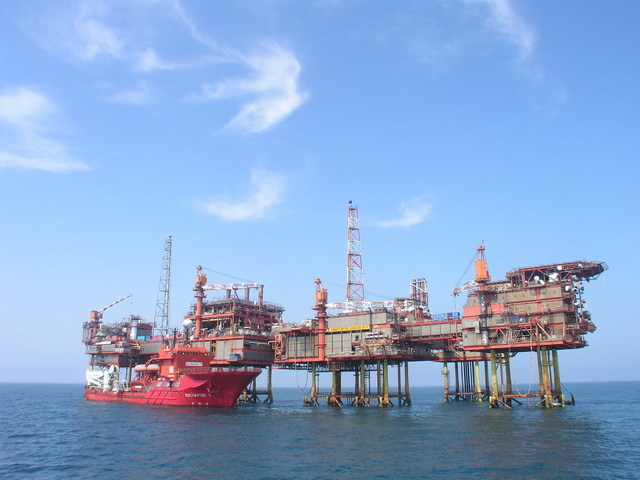
Chrysaor has handed in decommissioning plans for the Jupiter series of gas fields in the UK North Sea.
Jupiter, consisting of the Ganymede and Europa platforms along with the Callisto and NW Bell tiebacks are separate gas accumulations, around 200miles east of the Lincolnshire coast.
The satellite fields all produced via the Lincolnshire Offshore Gas Gathering System (LOGGS), itself being decommissioned, which then exported the gas to the Theddlethorpe Terminal.
The decommissioning plan includes complete removal of the platforms and jackets, recovering them to shore using a heavy lift vessel, as well as the tiebacks and decommissioning the pipelines by leaving them in situ.
First discovered in 1972, production from the Jupiter fields started from the Ganymede platform and its Callisto subsea tie-back in 1995.
That was followed in 2000 by the Europa platform development and the NW Bell tieback to the Callisto subsea manifold, all routing gas through the LOGGS platform.
Decline in production meant the fields became non-commercial in 2014, followed by a cessation in production in 2016.
The following year the Europa and Ganymede normally unmanned installations were put into cold suspension, having had their wells plugged and abandoned.
Work for the main removal, dismantlement and disposal is expected to take place between the first quarter of this year and Q3 2023.
Chrysaor is the operator of Europa, Ganymede, Callisto and NW Bell with a 20% stake.
ExxonMobil’s Esso Exploration and Production holds a 50% stake while Norway’s Equinor has the remaining 30%.

